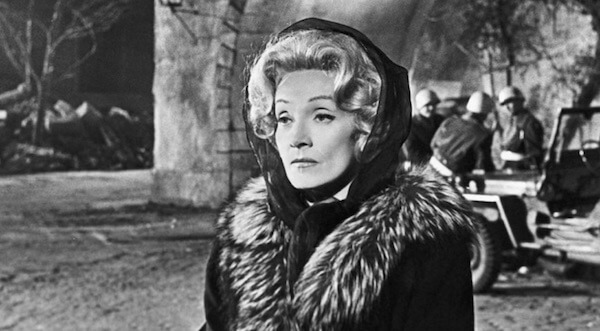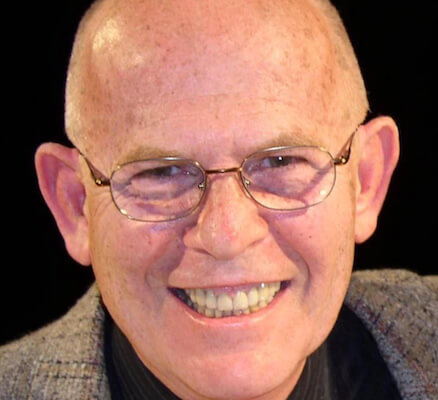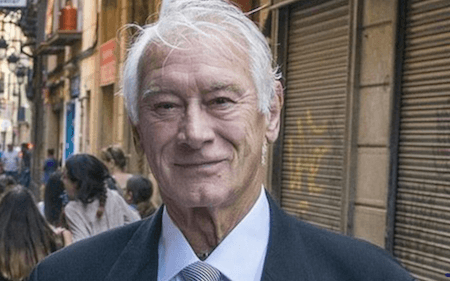BY ANDY HUMM | Gene Stavis, a film historian and scholar who produced “Emerald City,” the first gay-themed cable television show in New York, in 1977, died on December 29 after a short illness. He was 70.
With two other gay men, Frank O’Dowd and Steve Bie, he organized Truth, Justice and the American Way, Inc. to produce the show on Manhattan’s leased-access Channel J, syndicating it to San Francisco as well.
“Emerald City,” which ran through 1979, covered the LGBT movement, politics, and culture in that late pre-AIDS era, including interviews with such figures as activist and later presidential aide Ginny Apuzzo, performer Quentin Crisp, painter David Hockney, Charles Ludlum of the Ridiculous Theatrical Company, and porn star Casey Donovan. Among the on-air talent were journalists Arthur Bell, Vito Russo, and Brandon Judell. And the show featured commercials for the city’s growing gay commercial establishment of bars, bathhouses, restaurants, and entertainment venues.
Writer, activist, and physician Dr. Larry Mass wrote in an email, “Gene was widely known as an authority on film and had his own notable collection of vintage reels. He was beloved by his students and cineastes, and for many years hosted a kind of salon in his home at Waterside Plaza. He was a close friend of Arnie Kantrowitz, Brandon Judell, and Stephen Bie. We mourn the passing of this fabled figure of our communities.”
Stavis taught cinema history at the School of Visual Arts for 35 years. He worked with Henri Langlois, founder of Cinemathèque Française, in the 1970s to develop an American counterpart to that famous film archive, serving as its New York director. He had principal responsibility for the development of the SVA Theater on West 23rd Street between Eighth and Ninth, which is also used for numerous film premieres.
A close friend, director and editor Robert M. Neilson, wrote online, “He LOVED film. He discovered a lost student film by Orson Welles at a library in Greenwich, CT. called ‘The Hearts of Age.’ He confronted him over the phone while he was at a hotel in Las Vegas, ‘excuse me Mr. Welles, I have a film that belongs to you.’ Welles: ‘It’s a fake, burn it.’ Gene: ‘But Mr. Welles, you’re in it.’”



































